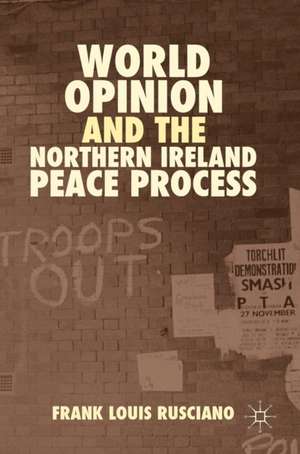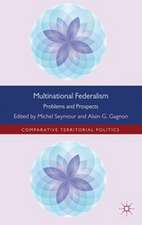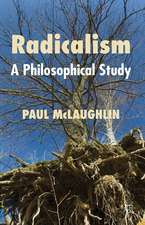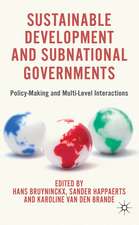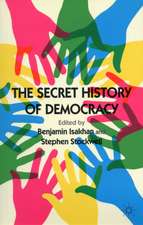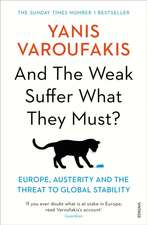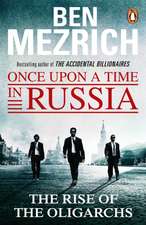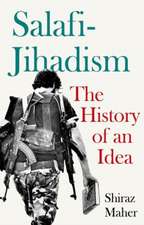World Opinion and the Northern Ireland Peace Process
Autor Frank Louis Ruscianoen Limba Engleză Hardback – 29 sep 2016
Preț: 725.43 lei
Preț vechi: 884.68 lei
-18% Nou
Puncte Express: 1088
Preț estimativ în valută:
138.81€ • 144.93$ • 114.88£
138.81€ • 144.93$ • 114.88£
Carte tipărită la comandă
Livrare economică 05-19 aprilie
Preluare comenzi: 021 569.72.76
Specificații
ISBN-13: 9781137350954
ISBN-10: 1137350954
Pagini: 256
Ilustrații: XIV, 202 p. 20 illus.
Dimensiuni: 148 x 210 x 19 mm
Greutate: 0.38 kg
Ediția:1st ed. 2016
Editura: Palgrave Macmillan UK
Colecția Palgrave Macmillan
Locul publicării:London, United Kingdom
ISBN-10: 1137350954
Pagini: 256
Ilustrații: XIV, 202 p. 20 illus.
Dimensiuni: 148 x 210 x 19 mm
Greutate: 0.38 kg
Ediția:1st ed. 2016
Editura: Palgrave Macmillan UK
Colecția Palgrave Macmillan
Locul publicării:London, United Kingdom
Cuprins
Foreword.- List of Tables and Figures.- Introduction.- Chapter 1: The Civil Rights Movements of the United States and Northern Ireland.- Chapter 2: The Post-Cold War Era, World Opinion, and the Troubles.- Chapter 3: Selbstbild, Fremdbild, and the Construction of Northern Irish Identity.- Chapter 4: Silencing and the Northern Ireland Peace Process.- Chapter 5: Leadership and Historical Opportunity: Comparisons to other Ethnic Conflicts.- Chapter 6: Evaluating the Effectiveness of the Good Friday Agreement in Relation to Northern Ireland and World Opinion.- Index.
Notă biografică
Frank Louis Rusciano has been a Fulbright Policy Studies Award Scholar at the University of Ulster in Northern Ireland, a three-time Alexander von Humboldt Fellow in Germany, and a Guest Professor at the University of Mainz. His books include Isolation and Paradox: Defining “the Public” in Modern Political Analysis (1989), World Opinion and the Emerging International Order (1998), and Global Rage after the Cold War (2006).
Textul de pe ultima copertă
This book uniquely combines global opinion theory with the English school of international relations to explain the effects of world opinion on the Northern Ireland peace process. It begins by analyzing the reasons why the civil rights movement imported from the United States ended in the Troubles. It traces how national identity now arises in Northern Ireland as a negotiation between the area’s international image and its citizens’ national consciousness. Rusciano illustrates how world opinion affects patterns of speech and silencing, and the effect this has on the peace process. He also shows how those negotiating the peace were affected by world opinion. Finally, the volume concludes by describing a possible path toward completing the peace process consistent with world opinion.
Caracteristici
Analyses the reasons behind Northern Ireland making peace in between two decades marked by terrorism and ethnic violence Combines political history with international relations theory to discuss world opinion of Norther Ireland's peace process Considers the relationship between national image and national identity
